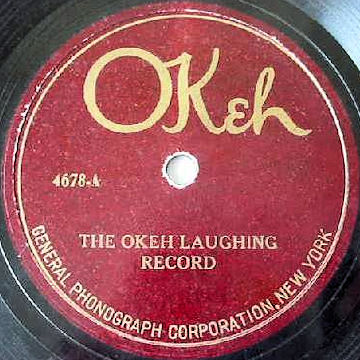
The 78 RPM record was originally a means of commerce intended to make money. When recording engineers were dispatched across the globe to capture sounds and voices, there was no intention to preserve the recordings that they created. The point, at the time, was to attract as many customers as possible to buy phonograph machines. It was largely an accident that these recordings turned out to be quite meaningful for diasporic populations who had moved away from their homelands. Such recordings became essential to people who otherwise would not have had access to their music, and they purchased gramophones and records to feel closer to homeland and as accompaniment to ritual feasts, births, weddings, and other cultural events.

Sales increased as immigrants crossed the oceans. Record production was kept cheap. Discs were disposable and longevity was not central to their design, and so were the first 78 RPM sleeves, which were plain, cheap paper with no printing. Many record companies and store owners eventually realized the potential of using the sleeves as advertisements for the recording (and other items). From those early recordings, we learn that the information on the sleeve did not necessarily have to refer to the record it held. Some simply were a shoutout for the record company’s brand, for accessories, and gramophones. Others mentioned the company’s roster of musical talent.
Below is Reto Muller’s collection of global 78 RPM record sleeves of the early 20th century. Learn more in “A short tour of global 78 RPM records and sleeves” by Reto Müller (ARSC journal 54.1 [Spring 2023] 123–129). Find it in RILM Abstracts of Music Literature with Full Text.







